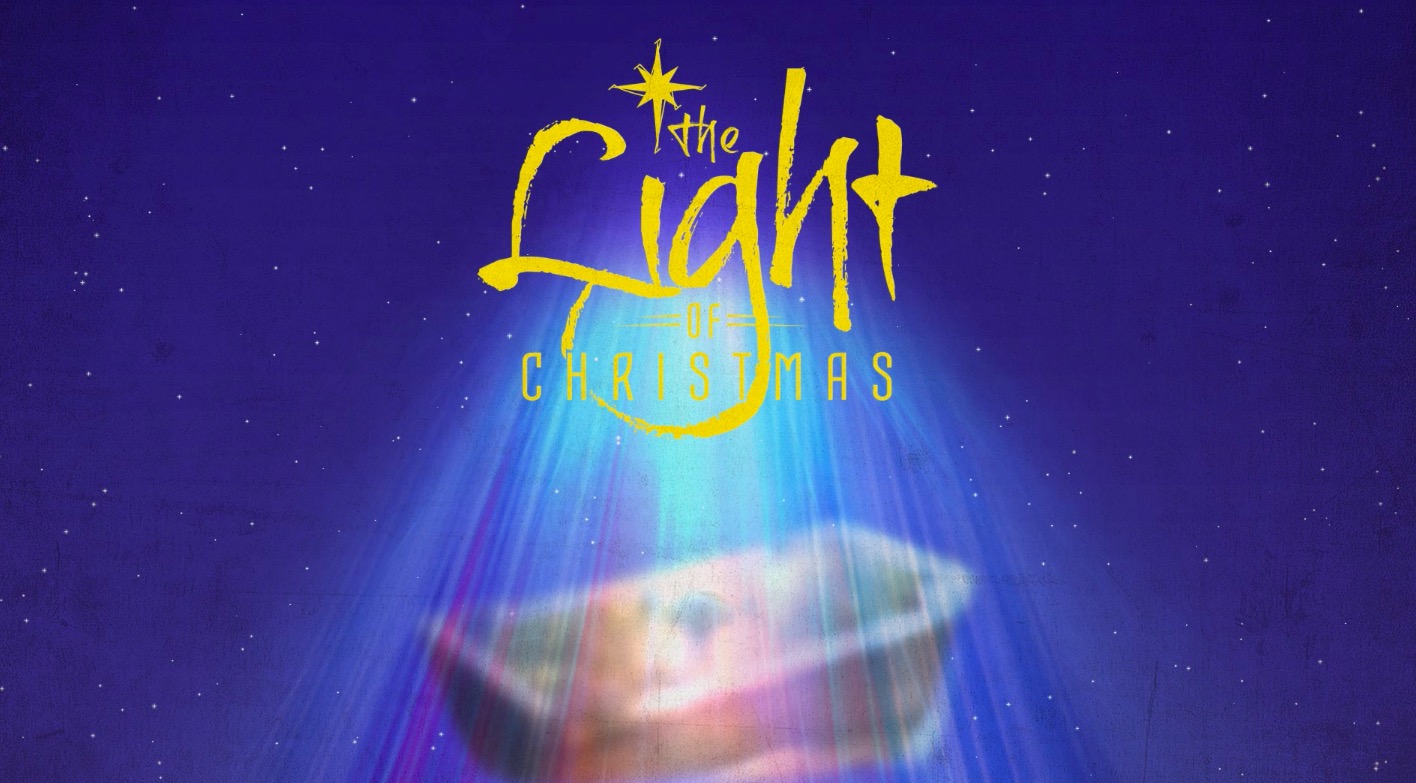-
Jesus Never Missed An Opportunity Series
Contributed by W Pat Cunningham on Sep 21, 2019 (message contributor)
Summary: Jesus never missed an opportunity to use daily events as a way to reach the hearts of His listeners.
Tuesday of the 25th Week in Course
This short Gospel given to us by St. Luke has parallel stories in the other Synoptics, and the amount of ink that has been spilled over the years by interpreters must run to the thousands of liters. I have had experience of anti-Catholic acquaintances throwing this in my face as an example of why our Catholic devotion to the Blessed Virgin Mary is anti-Biblical, and even pagan.
On the face of it, this passage seems to be a recollection of Jesus “dissing” His mother and the rest of His family. They come to see him, can’t get through the crowd. When someone tells Jesus that they are waiting outside, He says “My mother and my brothers are those who hear the word of God and do it.” He appears to be distancing Himself from His family, even in a sense disowning His Blessed Mother.
But that can’t be right, because the early Church was adamant that Jesus was without sin, and was a sinless victim, pure and holy, when He offered Himself on the cross as the Paschal Lamb. So they would hardly have preserved a story about their Lord blatantly violating the fourth commandment, “Honor Thy father and Thy mother.” There had to be another interpretation. There had to be another reason the story was passed down to us.
And, of course, there is. Jesus never missed an opportunity to use daily events as a way to reach the hearts of His listeners. On one occasion, He commented on some local news about a tower collapsing, and utilized it to remind His listeners that they should never miss a chance to repent of sin. Here He is telling His listeners several things that are focused on getting them to change their lives. Family, He seems to say, is not so much a matter of genealogy or DNA matches. A person is not a member of Christ’s family because they share a common ancestor. Mary and His believing relatives and all the rest of us are related to Christ because we believe in Him and are united by His sacraments and keep His twin law. We love God and we love our neighbor in sacrificial, self-giving ways. Without sharing the Body and Blood of Christ, there is no value in being blood-brothers and sisters by our natural birth.
Our saint of the day, Gerard Sagredo, was born to a noble Venetian family late in the tenth century. The reliable documentary testimony is brief, but it appears that because of an illness, his family became close to the local Benedictines, the order that was responsible for preserving both classical and Christian literature that restored Europe from the barbarians. “His family soon sent him to the monastery, offering him to spiritual life. Gerard took the "religious cloth" and was educated in the monastery. He could read and write and knew the basic elements of arithmetic.” His classical education continued until he was considered well-schooled.
An ill-starred pilgrimage to the Holy Land was cut short for some reason, and he met Rasina, abbot of a monastery in Croatia. “Rasina persuaded Gerard to accompany him to Hungary, saying that ‘nowhere else in the world could one find today a more suitable place to win souls for the Lord’. The conversion of the Hungarians had started in the 970s, but it accelerated only around 1000. The systematic organization of the Church began during the reign of the first king of Hungary, Stephen I of Hungary, who was crowned on the first day [of that] new millennium.”
Gerard stayed in Hungary and was eventually ordained bishop. Legend has it that on the feast of the Assumption, Gerard gave a homily that was so motivating that the cult of the Blessed Virgin took root in that country, spread and blossomed, and persists today. His missionary efforts continued, even though he often retired to a hermitage or monastery to pray and be with his Benedictine brothers.
We can’t forget that beneath the veneer of Catholicism, the ancient pagan ideas and feelings often simmered. There was a pagan revolt. “Gerard's martyrdom took place on 24 September 1046, during the Vata pagan uprising. His co-martyrs were Bystrik and Buldus.” Gerard, also called “Gellert of Csanád”, is one of the patron saints of Hungary. And so we ask for his intercession for Hungary and all the world: St. Gerard, pray for us.

 Sermon Central
Sermon Central



